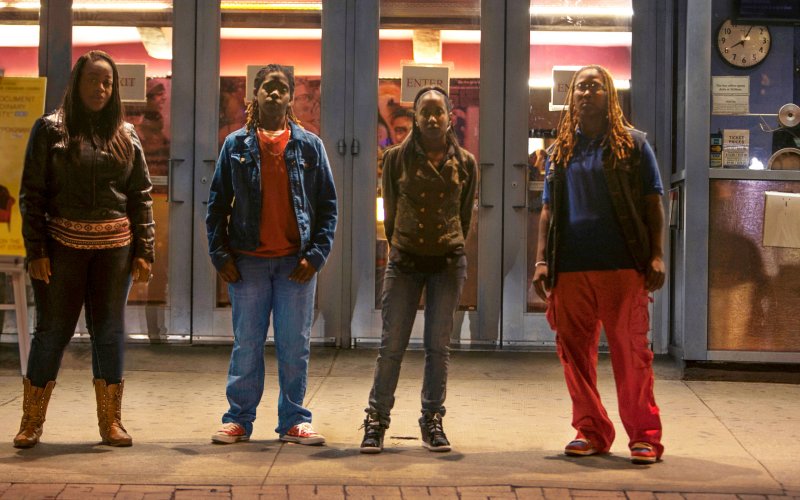
The documentary The Sunday Sessions takes an observational approach to exploring a controversial practice known as conversion therapy. The film gives viewers the opportunity to go on a personal journey with Nathan, a young man who has sought out treatment in order to try and reprogram his homosexual feelings in order to become the kind of man he thinks God wants him to be — complete with a wife, 2.5 kids, dog, and house with a white picket fence. Filmmaker Richard Yeagley provides audiences with telling glimpses into Nathan’s life and struggles as he faithfully attends Sunday therapy sessions given by conservative Christian therapist Chris Doyle, a so called ex-gay who now counsels other men seeking to follow the path to a straight and narrow life.
Early in the documentary, viewers are informed that SSA, a term that’s used throughout The Sunday Sessions, stands for Same Sex Attraction. As opposed to labeling someone as being gay, lesbian or homosexual the “patients” who undergo conversion therapy are instead said to be dealing with SSA which sounds a lot like being diagnosed with a disorder like ADHD. In this type of religious therapy, the client’s sexual orientation isn’t seen as being the problem; rather, it’s more a matter of exploring their SSA and the root causes behind it.

Throughout the documentary, viewers are present as Nathan struggles with his feelings and religious convictions. We also witness segments from his acting career as well as interactions with his family and platonic “boyfriend” Cameron. Nathan’s inner turmoil is illustrated when he reveals how he equates emotions with weakness and tearfully notes his belief that “other people’s happiness comes at a much lower cost than mine”.
To filmmaker Richard Yeagley’s credit, although the film is rooted in Christian religious belief, the documentary doesn’t pound audiences over the head with an abundance of conservative rhetoric or examples of widespread intolerance and homophobia. Instead of focusing on how the repressive and outdated church teachings have damaged the LGBTQ community as a whole, Yeagley puts Nathan’s personal story front and centre as the doc’s central subject matter. Film goers have the opportunity to be up close and personal with Nathan as he confronts his conflicted feelings about an array of issues, including his family history, the importance of his deeply rooted religious convictions, as well as his doubts and fears about the effectiveness of years of conversion therapy.

The one aspect of The Sunday Sessions that seems somewhat troublesome at times is the character of Nathan himself. In order to be emotionally drawn into a documentary, viewers must trust the authenticity of the central subject and feel certain that he or she isn’t merely acting. Nathan is an actor by trade and viewers are privy to several of his over the top performances. Watching his interactions with the various people in his life might lead some viewers to question just when the young man is or isn’t making use of his acting abilities.

Watching The Sunday Sessions may remind film goers of another dramatic film that came out (sorry for the pun) last year: Boy Erased. Both films explore the practice of conversion therapy, which has been banned in many US states. Both also focus on young men grappling to reconcile their sexuality with the anti-gay tenets of their churches. In The Sunday Sessions viewers are afforded the unique opportunity to witness the real life practices of therapists like Chris Doyle, who seek to re-brand homosexuality into SSA, which in turn can be traced back to childhood experiences and thus reprogrammed. The Sunday Sessions is an emotional film which is well worth a look especially given the current debate regarding conversion therapy. In the United States, where a ban on conversion therapy was recently overturned, films like this one can add to the discourse by shedding light on this practice.
The Sunday Sessions is now available on DVD.




